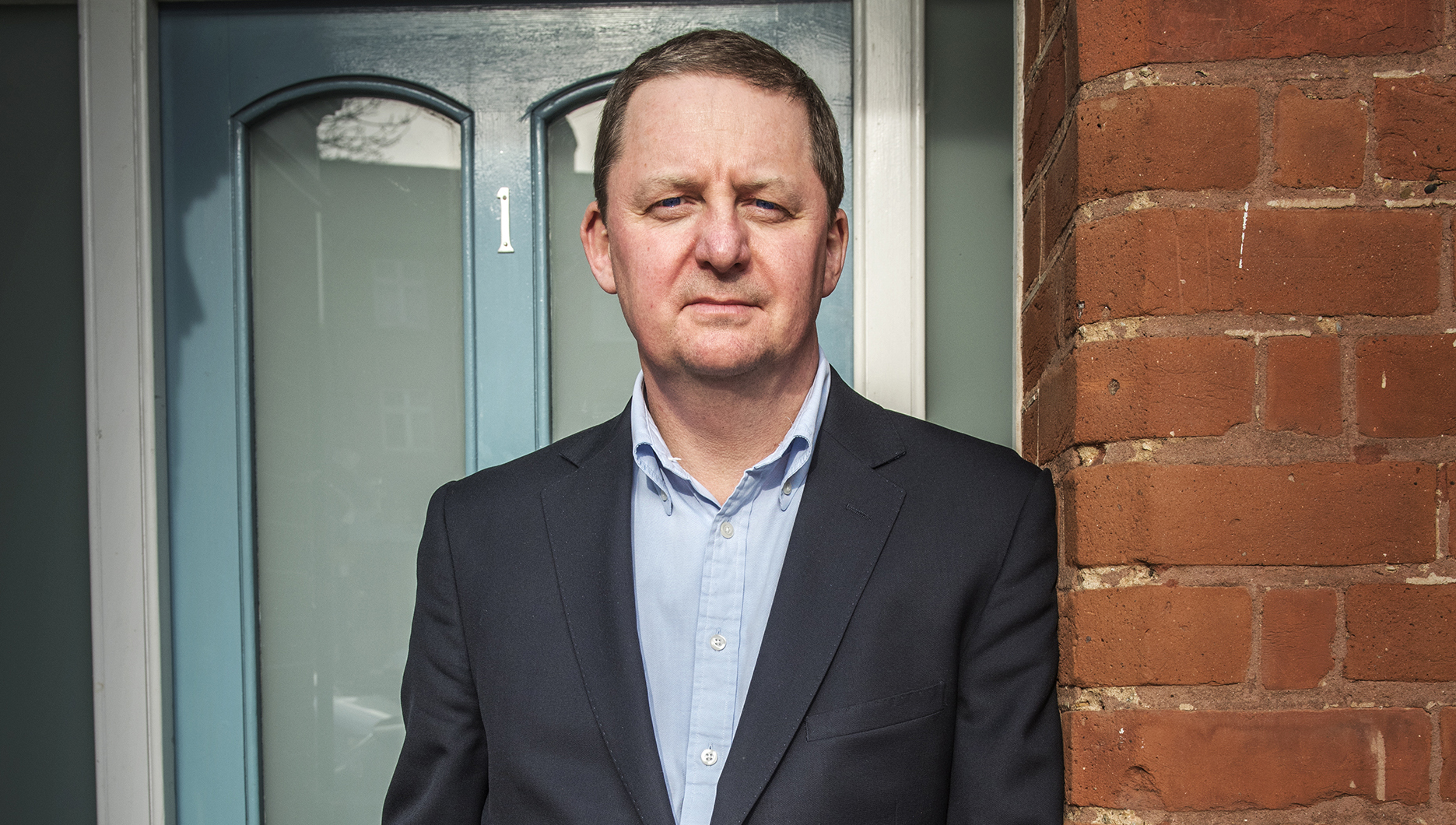Welcome to the new year and to the new Telegraph magazine. We felt it was right to kick off the new format with the results of a piece of researchthat highlights what working onboard ships is like, from the people who know: our members.
The Nautilus Social Conditions Survey takes the pulse of the maritime industry every 10 years. Launched in 1991, it is one of the longest-running continuous measures of seafarer attitudes to their living and working conditions. Uniquely, it charts our members' experiences before and during the coronavirus pandemic and gives some insights into the longterm consequences for the maritime industry of its failure to protect and support seafarers during this extraordinary time.
Our survey results confirm that, despite being hugely impacted by the pandemic, Nautilus members do not feel that their work was adequately recognised. In fact, many members feel that the pandemic accelerated the existing erosion of their employment terms and conditions, which was already under way but with the added insidious creep of redundancy, as some employers took advantage of the uncertainty.
Members reported that Covid-19 has been used as an excuse to decrease pay and increase trip lengths. The consequence of borders being shut, and travel suspended, is that seafarers’ freedoms have been curtailed more than most. We cannot underestimate the emotional strain caused by being stuck aboard a ship for months on end, unable to get shore leave or medical assistance ashore. It is no wonder that our members report they are exhausted and burnt out.
Nautilus is also hearing from its members that their physical health has been impacted. Seafarers want healthy eating options at work, and they want to stay in contact with family ashore. How much longer will they be treated like second class citizens when it comes to internet connectivity at sea?
Many seafarers are now changing their view on how they feel about their careers. Nearly 20% of members responding to the survey are looking to leave their current role, including 11% who would like to leave as soon as possible.
Labour shortages are already appearing and impacting on workloads onboard, which is going to create a vicious circle. This should worry maritime employers, and specifically the UK and the Netherlands, which have ageing workforces. Seafarers are moving ashore earlier in their careers due to shortages ashore, and too few people are being recruited into the industry. This type of weakness is not fixed in a matter of weeks or months, it takes years to build up a highly skilled workforce. It requires investment, and that means 100% support for the costs of training. The Netherlands does this, and so should the UK.
The pandemic has exposed a systemic failure in the regulation of shipping that must be addressed if we are to avoid future disrupting events of this type.
A regulatory system that fails to guarantee seafarers their fundamental social and employment rights, that fails to ensure that during a global health crisis seafarers have decent work, is no system at all. Our maritime key workers deserve better.


